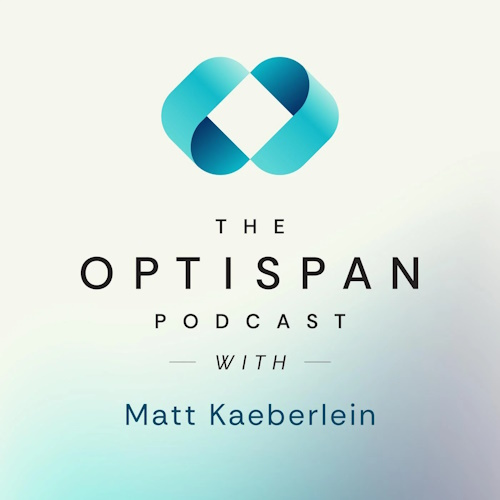Biological Age & what it REALLY means
Matt discusses the concept of biological age
Biological age refers to the age of an individual's cells and tissues based on physiological function, offering a more complex measure than chronological age, which only counts the years lived. This concept explores the dynamic interaction between physiological processes, genetic factors, and environmental influences that together influence one's health. Geroscientists are studying the biological mechanisms affecting the rate of biological ageing, with the goal of potentially reversing some of the functional declines associated with ageing.
Key Points:
In this episode, Matt discusses the concept of biological age, explaining how it differs from chronological age and how it is influenced by factors such as genetics, lifestyle, and environmental conditions.
- Biological Age vs Chronological Age: Biological age reflects cellular health, while chronological age is just the number of years lived. Biological and chronological ages don’t always match.
- Importance of Biological Ageing: Nearly all age-related diseases and functional declines are linked to biological age, meaning slowing it could reduce these risks.
- Lifestyle Modifications: Healthy lifestyle changes like diet and exercise can slow or reverse biological ageing, even late in life, improving longevity.
- Variation Across Species: Biological ageing rates differ not only between individuals but also across species, offering insights from long-lived animals like naked mole rats.
- Age Reversal Limitations: While traits like muscle mass and hormone levels can be reversed, complete biological age reversal hasn’t been scientifically achieved.
Visit website: https://www.youtube.com/watch?v=DcxgEwQKx8Q
See alsoDetails last updated 18-Sep-2024



